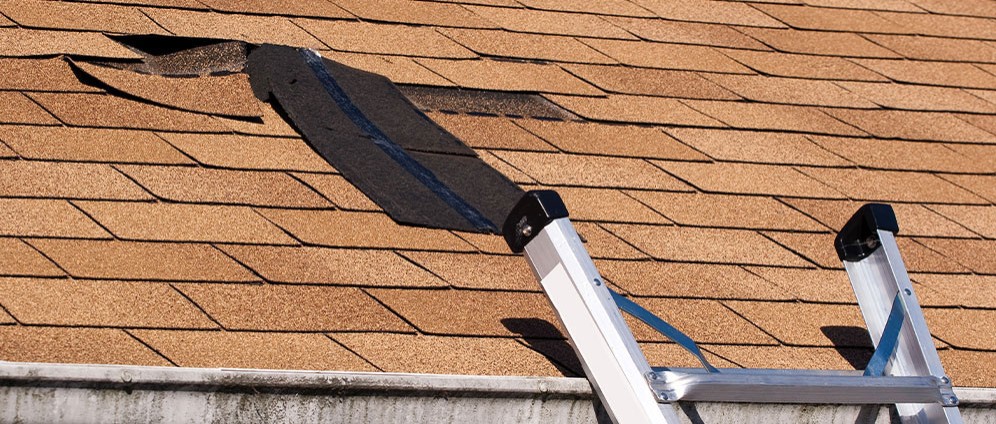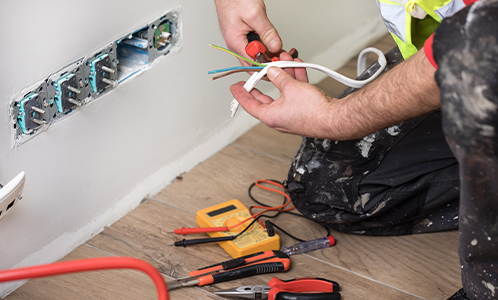See Mortgage Options
DCU offers a variety of loan options to choose from including adjustable rate mortgages and fixed rate mortgages.
LEARN MOREDCU Routing Number: 211391825
No Recent Searches Found
Did you mean:
Sorry, We couldn't find what you are looking for. It could be because of many reasons.

If you’re in the market for a house, you probably have an idea of what you’re looking for. Maybe it’s a kitchen with large countertops, or spare bedrooms for when your in-laws are in town. But there are also things you should make sure aren’t at your future home. Here are seven things to look out for:
The average shingle roof lasts for about 20 to 25 years before it needs to be replaced. A full replacement can cost thousands of dollars, so it’s not something you want to pay for within a few years of moving.
Speaking of repairs that cost thousands of dollars, foundational damage is another repair you’ll want to avoid paying. Inspecting the foundation directly isn’t usually possible, but cracks and settling near the foundation could indicate a problem.
Look near the bathroom. Does the floor sag or dip? That can mean improper plumbing. Floors that sag away from known plumbing may be another indicator of foundational problems.
Some home sellers swap out old windows with cheap replacements to modernize the home’s appearance. But these replacements may not have the function to match their looks – and they may not be energy efficient. Test out all the windows in the home to ensure they open and close properly. A single bad window isn’t a huge cost to replace, but multiple replacements can quickly add up.
Trees have the potential to really beautify a property. But if any trees are growing right next to the house, it’s putting you at risk for future expenses. A tree could potentially catch fire or fall during a storm, damaging the house. Even if a catastrophe never happens, smaller problems such as leaves in the gutter or roots entering the basement can still occur.
 6. Unsafe wiring.
6. Unsafe wiring.Electrical items such as wires, conduits, and boxes should be securely fixed to the walls and there should be no visible damage to wiring. All outlets should be tested for functionality. If the majority of outlets don’t work, there’s likely to be larger electrical issues present in the house.
A lake or stream near a house can be an exciting idea that comes with the harsh reality of flooding risks. The closer the house is to water, the more likely it is that you’ll experience flooding, necessitating flood insurance and adding to the home’s overall expenses.
Please note that a licensed home inspector should verify the accuracy of any statements and independently assess the quality of the home.
Please note, membership is required to accept a DCU mortgage.
This article is for informational purposes only. It is not intended to serve as legal, financial, investment or tax advice or indicate that a specific DCU product or service is right for you. For specific advice about your unique circumstances, you may wish to consult a financial professional.